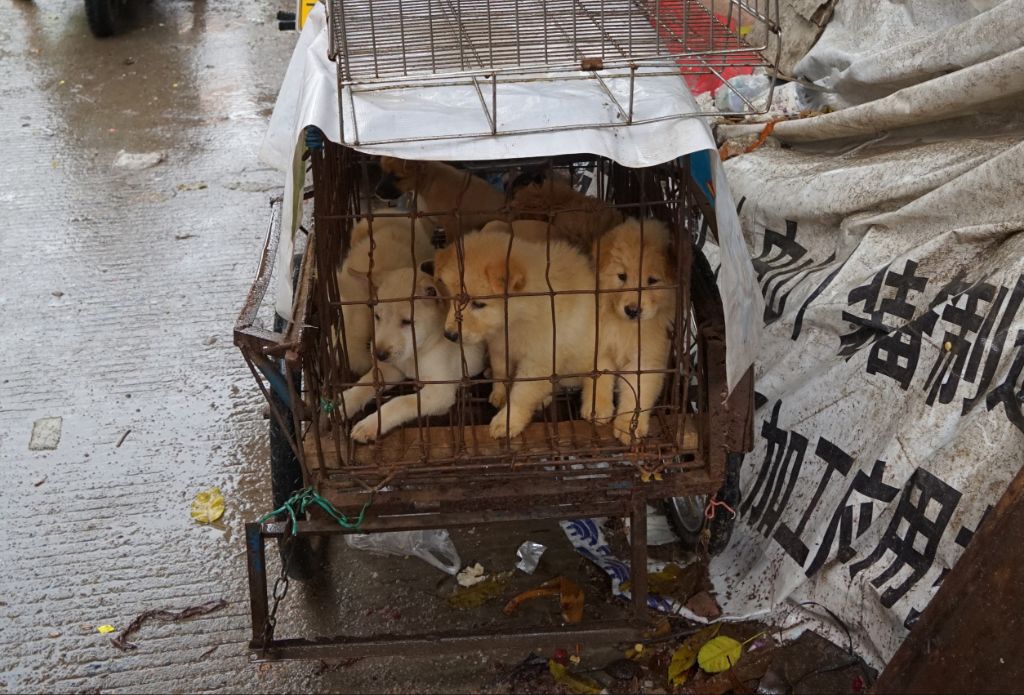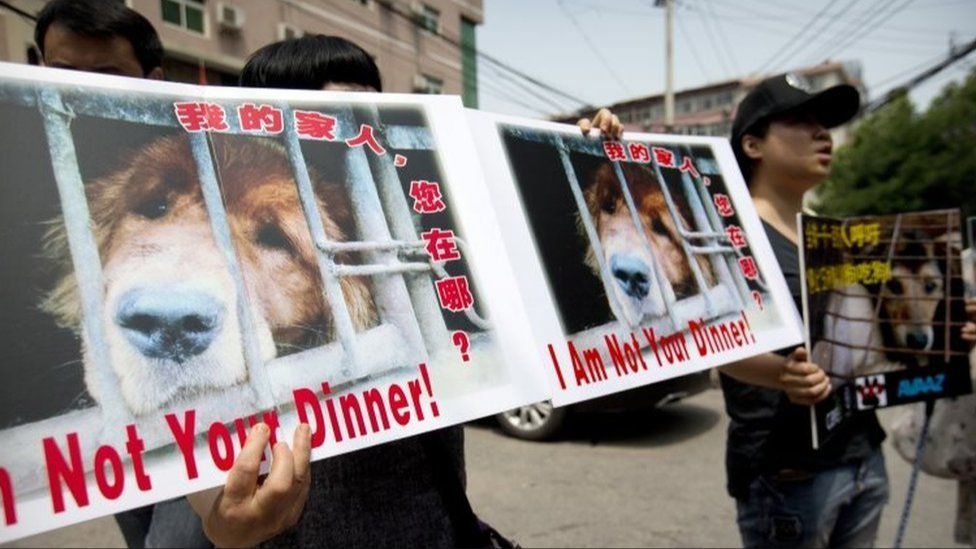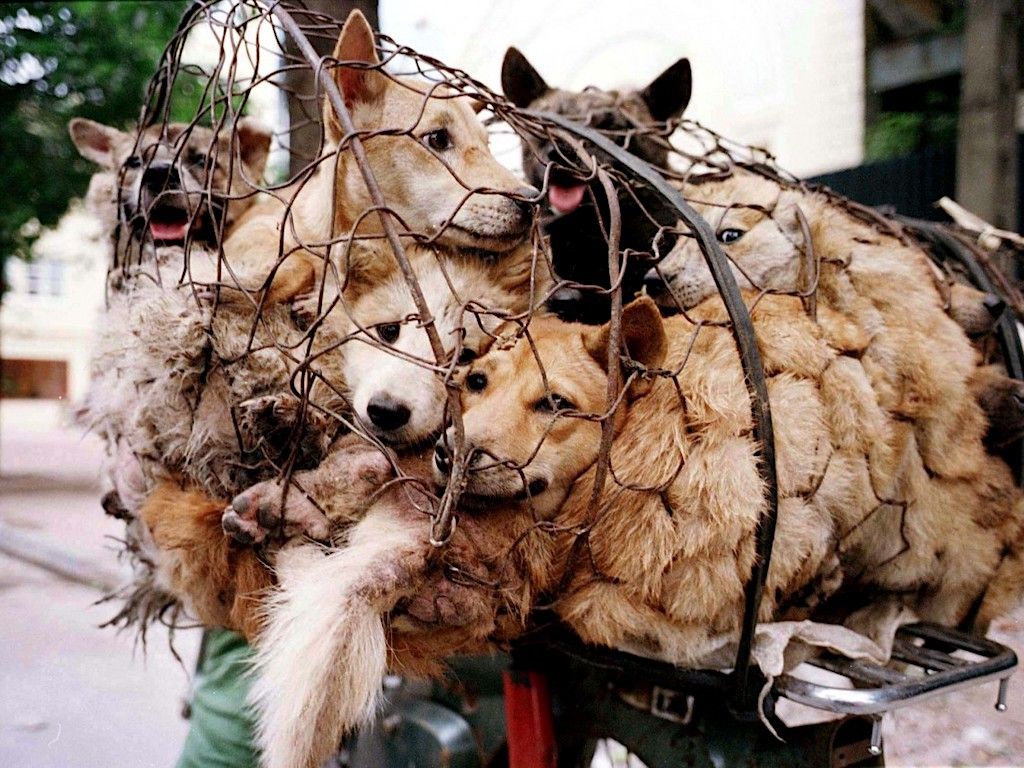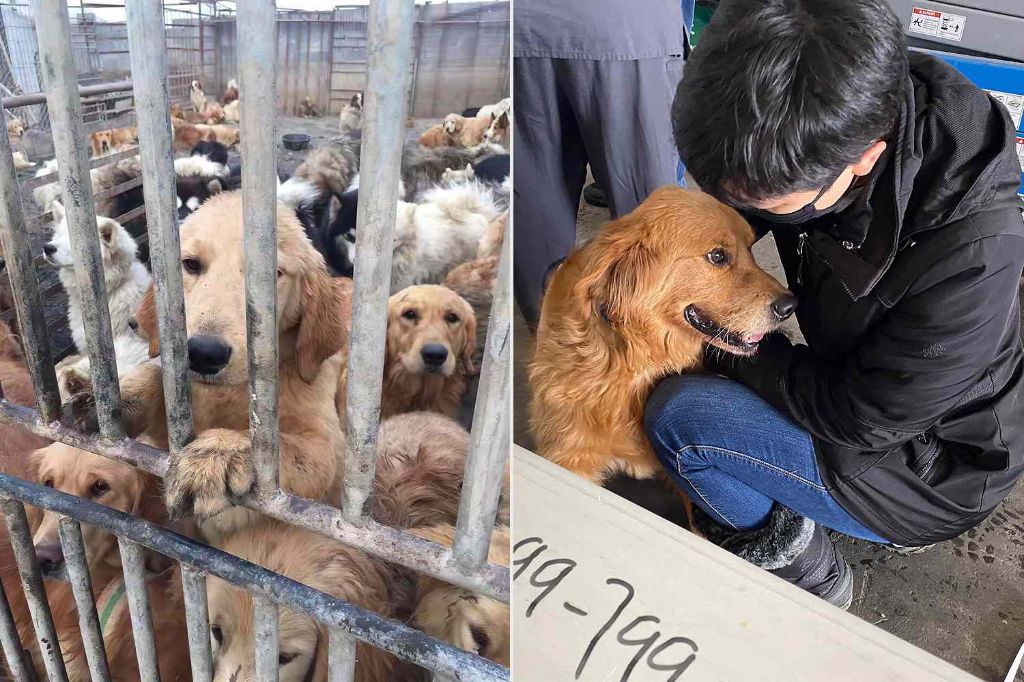Introduction
The Yulin Dog Meat Festival is an annual event held in Yulin, China during the summer solstice in which thousands of dogs are slaughtered and eaten. The festival began in 2009 as a small event but has grown in size, with estimates of 10,000-15,000 dogs killed each year.
The festival has become very controversial, drawing intense criticism from animal activists and dog lovers around the world. Many view eating dog meat as cruel and inhumane and are appalled that dogs would be slaughtered for food. Footage and photographs of the festival show dogs crammed in small cages, visibly distressed and some even beaten before being killed. Activists say the methods of slaughter are often brutal with reports of dogs being boiled and skinned alive.
While dog meat consumption has historical roots in parts of China, the Yulin festival itself is relatively new. Activists argue it was created more for profit than tradition. The controversy has highlighted tensions around cultural differences and sparked debate about the ethics of eating dog meat.
Understand the History
The Yulin Lychee and Dog Meat Festival, commonly known as the “Yulin Festival”, originated in 2009 as a small event in Yulin, Guangxi Province to celebrate the summer solstice and promote the region’s lychee and dog meat trade. According to the Duoduo Project, the local government supported the festival to boost the economy. However, eating dog meat during the solstice is not an ancient tradition in Yulin. Historically, dog meat was eaten infrequently in Guangxi.
Highlight the Cruelty
The Yulin Dog Meat Festival is widely condemned for its extreme animal cruelty in how dogs are captured, transported, and slaughtered. According to reports, dogs are often stolen off the streets or captured through deceptive means. They are crammed into tiny cages where they can barely move, and transported for days without food or water. Many die from illness, injuries, dehydration, or suffocation along the way.

At the festival, dogs are beaten to death with metal poles in front of each other, sometimes taking up to 15 blows. Their throats may be slit while still fully conscious. Some dogs are cooked alive, including being boiled or burned with blowtorches while still alive and kicking. This egregious cruelty is considered unacceptable by animal welfare standards worldwide.
Explain Why It’s Problematic
The Yulin Dog Meat Festival has been widely criticized by animal welfare organizations and activists for its inherent cruelty and health risks.
Dogs are often stolen from their families to supply the Yulin dog meat trade.[1] They are crammed into small cages and transported long distances without food or water before being slaughtered in inhumane ways.[2]
The unregulated slaughter and lack of sanitation also pose serious health risks. Dog meat may be contaminated with dangerous levels of toxins, and slaughtering practices like torching dogs’ fur can lead to higher carcinogen levels in the meat.[1]
Public Opposition
The Yulin Dog Meat Festival has faced growing public opposition both within China and internationally. Animal rights activists have led campaigns to ban the festival, citing cruelty concerns. According to the Humane Society International, Chinese animal groups have estimated that 10 million dogs and 4 million cats die annually for the meat trade industry. They argue that the slaughtering techniques are inhumane, with dogs sometimes being boiled or blowtorched alive (Humane Society International, 2023).

High profile figures such as Matt Damon, Joaquin Phoenix, Ricky Gervais, and others have spoken out against the festival. A petition on Change.org to shut down the festival has gathered over 3 million signatures (Change.org, n.d.). Activists promote adopting dogs rather than eating them. However, those who participate in the festival argue it is part of their culture and cuisine.
Government Action
In recent years, the Chinese government has implemented laws and restrictions aimed at curtailing the Yulin Dog Meat Festival and reducing the dog meat trade overall. In 2018, the Ministry of Agriculture and Rural Affairs reclassified dogs as pets rather than livestock, though enforcement remained loose (1). This effectively outlawed the slaughtering of dogs for food. Additionally, in 2020, the Chinese government removed dogs from its official livestock list, stating they serve no purpose as food (2). Removing dogs’ livestock status makes their slaughter and consumption illegal under animal cruelty laws. Despite this, the Yulin festival has continued, though on a smaller scale. Enforcement of the new laws has been irregular, and loopholes still allow for dogs to be killed in unregulated slaughterhouses or trafficked from other provinces.

Some local authorities in Yulin have also taken action, such as temporarily banning restaurants from selling dog meat in the weeks leading up to the festival. However, a complete shutdown of the event has not occurred. While activists view the legal changes as progress, stronger enforcement and cultural shifts are still needed to end the festival. The central government could take a stronger stance by directing local authorities to strictly enforce the bans. But convincing local dog meat traders to shift to other livelihoods also requires sensitivity and economic support.
- Wikipedia. “Lychee and Dog Meat Festival.” https://en.wikipedia.org/wiki/Lychee_and_Dog_Meat_Festival
- Asia for Animals. “Yulin Dog Meat Festival (China).” https://www.asiaforanimals.com/yulin
Cultural Sensitivity
While eating dog meat has historical precedents in parts of China, the Yulin Dog Meat Festival itself is a relatively new event. The festival only began in 2010 and was created by dog meat traders to boost sales, not out of cultural tradition. According to Peter Li, China Policy Specialist for Humane Society International, “The festival is one that does not have any cultural value. It was invented by dog traders as a way to boost flagging dog meat sales” (Forbes).
So while cultural sensitivity is important, opposing the festival’s cruelty does not equate to opposing Chinese culture as a whole. In fact, opposition in China itself has been growing, with Chinese animal activists leading efforts to shut down the festival and dog meat trade. Respecting culture does not mean accepting cruelty. As Peter Li states, “Culture should not be used to justify acts of cruelty against animals” (Humane Society). The festival can be opposed on grounds of animal welfare without disrespecting Chinese cultural traditions overall.
Consumer Power
One of the most effective ways to stop the Yulin dog festival is through consumer power. Boycotting dog meat vendors and sponsors of the festival is a direct method to hit them where it hurts – their bottom line. Major sponsors and high profile supporters have withdrawn support due to public pressure and outcry over the immense cruelty involved in the dog meat trade [1]. International condemnation coupled with consumer action has already led to a substantial decline in the number of dogs slaughtered at the festival over the past several years.
Concerned citizens around the world can take action by refusing to do business with any company or brand that is associated with the Yulin festival. Social media campaigns to name and shame sponsors can quickly tarnish and damage their reputation. The economic impact gives these companies a real incentive to withdraw any association or endorsement of the event. Boycotts help shift cultural attitudes within China and pressure businesses to align with more ethical practices. Continued activism and outcry has been one of the most tangible ways to curb the scale and impact of the Yulin dog meat festival.
Promote Adoption
Instead of purchasing dogs from meat traders, advocate for adopting dogs from shelters and rescue organizations. Groups like China Rescue Dogs rescue dogs from the meat trade in China and adopt them out in North America. Promoting their adoption program and others like it undermines the meat trade by creating demand for rescued dogs rather than meat market dogs.

Shelters and rescues screen dogs for health and behavior before adopting them out, ensuring people get wonderful companion animals. Adopting locally saves dogs’ lives without the stresses of international transport. With so many dogs needing homes, adopting is the humane choice.
Supporting and volunteering at local shelters also helps improve conditions. Increased adoptions relieve overcrowding and allow more resources per dog.
Promote adopt, don’t shop messaging to friends, family and on social media. Redirect demand away from meat sellers and towards life-saving adoptions.
What You Can Do
There are several actions you can take to help stop the Yulin Dog Festival:
Sign petitions calling for an end to the festival. Major petitions include this Change.org petition with over 4 million signatures and this petition from No Dogs Left Behind.
Donate to organizations working to rescue dogs from the meat trade in Yulin and shutdown the festival permanently, such as the Duoduo Project.
Educate others on social media about the cruelty of the dog meat trade and festival. Share updates and images from animal welfare organizations.
Contact lawmakers and government officials calling for them to take action to end the festival. Advocate for legislation banning the dog meat trade.
Boycott Chinese products and tourism until the Yulin festival is banned. Let companies and travel agencies know you cannot support them until the cruelty stops.
Adopt or foster dogs rescued from the meat trade in China. This helps limit demand by removing dogs from harm’s way.
Taking these actions can create pressure and incentive for authorities to finally outlaw this cruel festival.